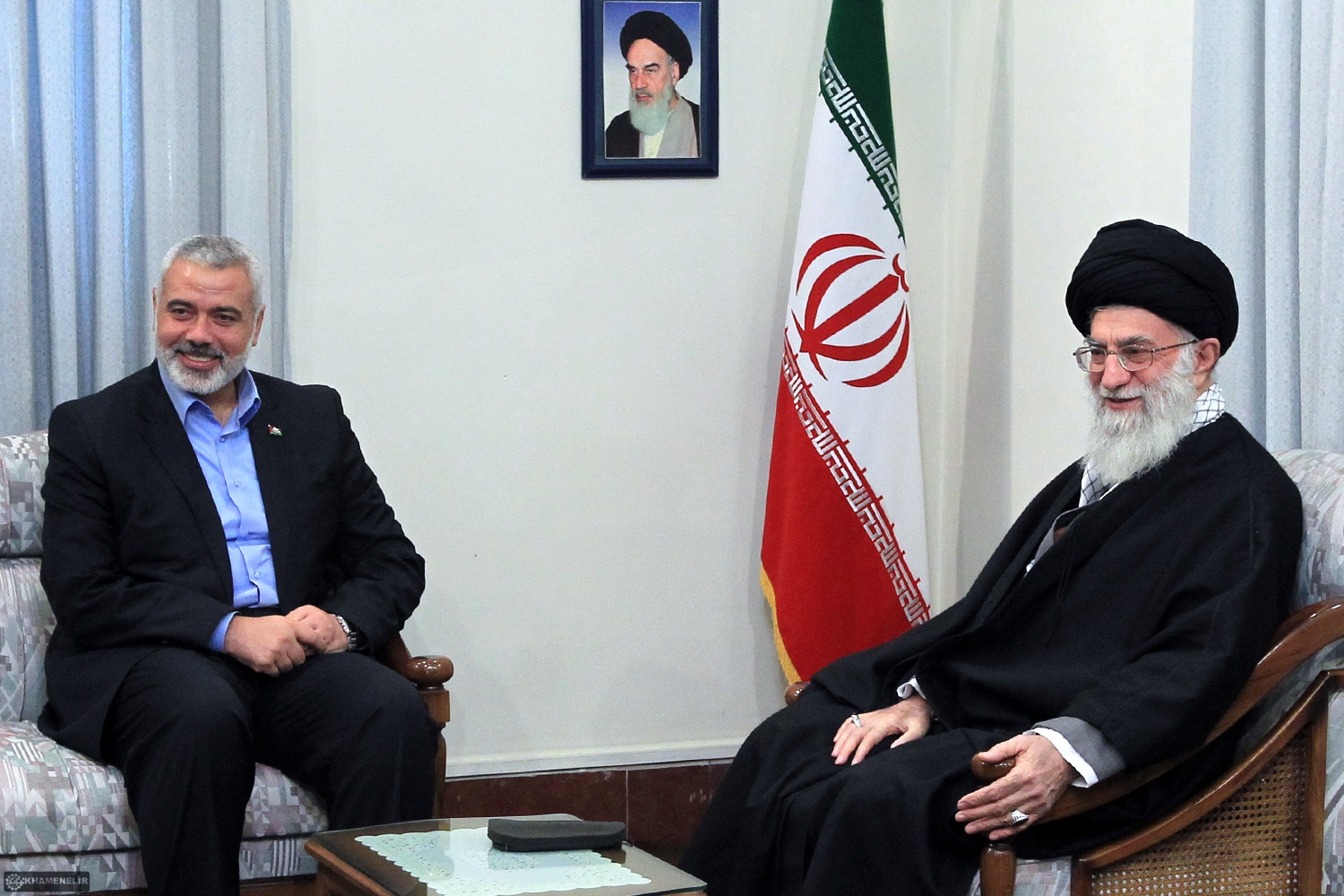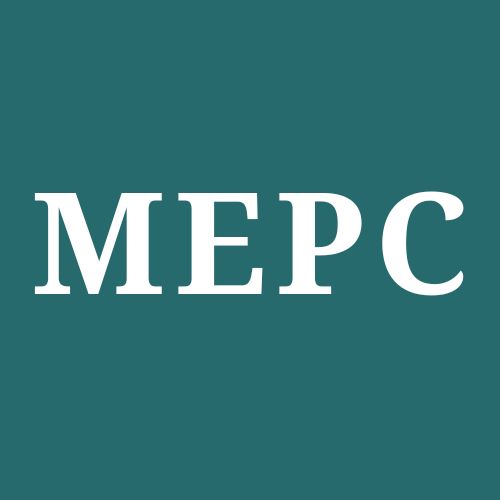
Hamas’ Ismail Haniyeh Killed in Tehran
- In the early morning of Wednesday, July 31, Israel conducted an airstrike that killed Hamas political head Ismail Haniyeh in Iran’s capital.
- Haniyeh, who took over Hamas’ political wing in 2017, had attended the swearing-in ceremony of Iran’s new president, Masoud Pezeshkian, a day earlier.
- The assassination has triggered a response from Iran’s Supreme Leader, Ayatollah Ali Khamenei, who has vowed to enact revenge on Israel, asserting that the state “prepared the ground for a harsh punishment for itself.”
- President Pezashkian added that Iran will “defend its territory” and make Israel “regret their cowardly action.”
- The response comes alongside an announcement of three days of public mourning across the country.
- Israeli officials have yet to comment on the assassination, but had promised at the onset of the war in Gaza to target Haniyeh.
- Haniyeh was the chief mediator for Hamas, often at odds with other group leaders by supporting disarmament and urging Hamas’ military wing to agree to a ceasefire.
- He was previously elected as the Palestinian Authority’s prime minister in 2006, before being sidelined by the U.S.-supported Mahmoud Abbas.
Hezbollah’s Fuad Shukr Killed in Beirut
- A top Hezbollah commander, Fuad Shukr, was killed by an Israeli airstrike on Tuesday, July 30, the evening before Haniyeh’s death, in what Israel has dubbed an “intelligence-based elimination.”
- Shukr’s body was found underneath rubble after the attack in Beirut’s southern suburb of Daniya.
- The attack on the densely populated neighborhood killed three civilians, including two children, and wounded 74 others, according to Lebanon’s Health Ministry, while also damaging nearby shops, apartments, and a hospital.
- It comes as a response to the killing of 12 people in Majdal Shams in the Golan Heights, a strike that Israel believes Shukr was responsible for, though Hezbollah leaders still deny their involvement.
- Hezbollah responded through a statement by group official Ali Ammar to Al-Manar TV: “The Israeli enemy will pay a price for this sooner or later.”
(Banner image: Khamenei.ir)

